Description
The #1 New York Times bestselling WORLDWIDE phenomenon Winner of the Goodreads Choice Award for Fiction | A Good Morning America Book Club Pick | Independent ( London) Ten Best Books of the Year “A feel-good book guaranteed to lift your spirits.” —The Washington Post The dazzling reader-favorite about the choices that go into a life well lived, from the acclaimed author of How To Stop Time and The Comfort Book. Somewhere out beyond the edge of the universe there is a library that contains an infinite number of books, each one the story of another reality. One tells the story of your life as it is, along with another book for the other life you could have lived if you had made a different choice at any point in your life. While we all wonder how our lives might have been, what if you had the chance to go to the library and see for yourself? Would any of these other lives truly be better? In The Midnight Library , Matt Haig’s enchanting blockbuster novel, Nora Seed finds herself faced with this decision. Faced with the possibility of changing her life for a new one, following a different career, undoing old breakups, realizing her dreams of becoming a glaciologist, she must search within herself as she travels through the Midnight Library to decide what is truly fulfilling in life, and what makes it worth living in the first place.
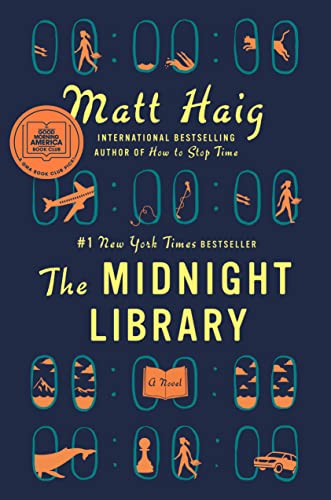
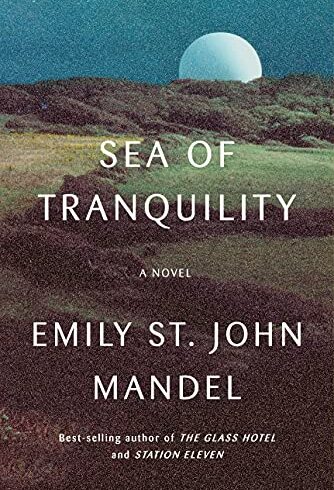
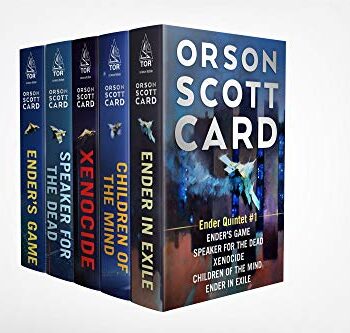
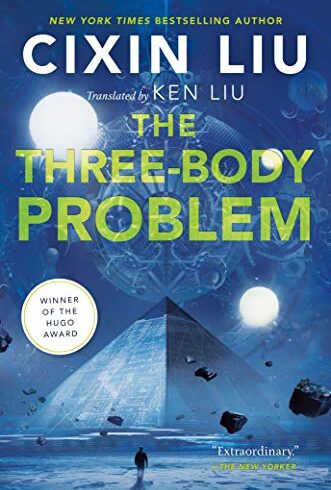
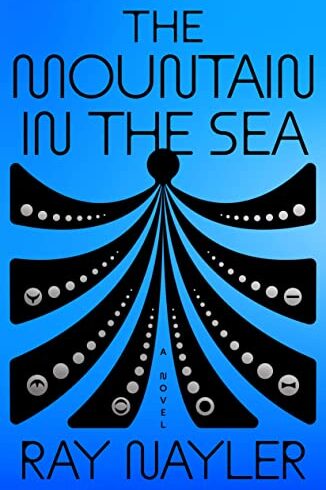
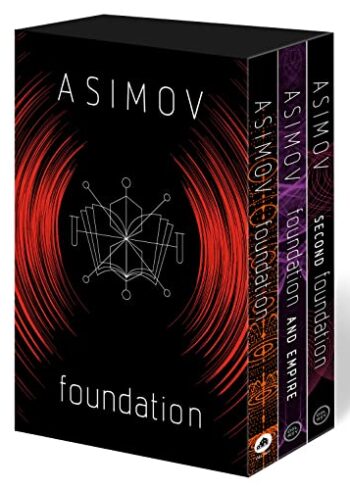
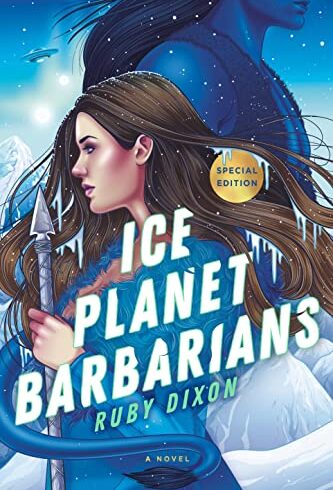
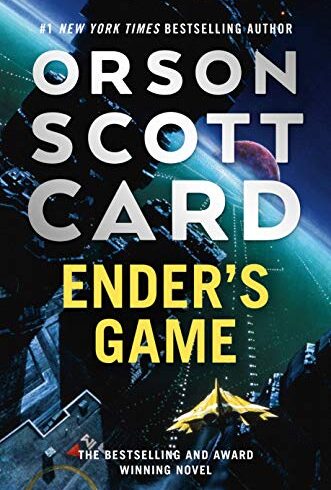
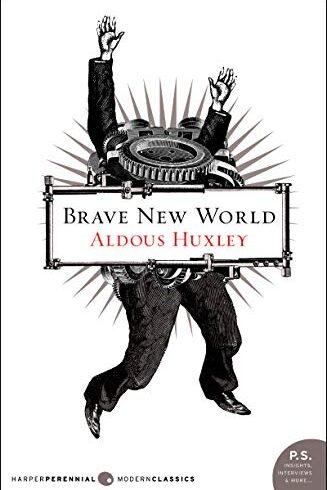

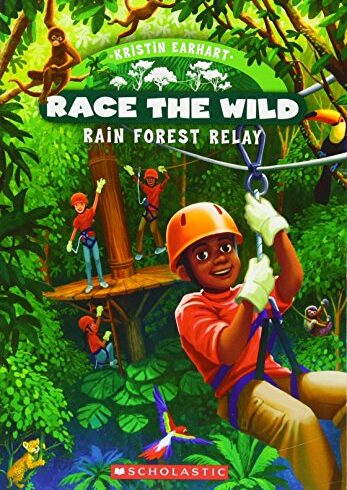

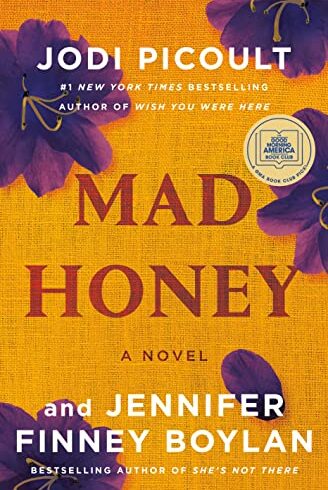
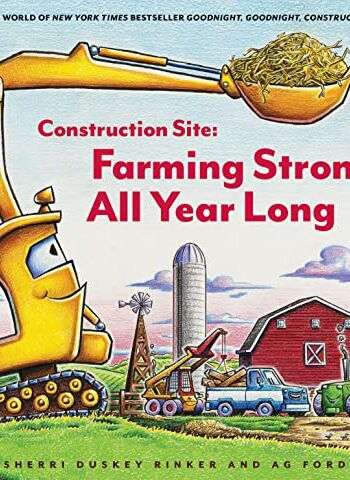
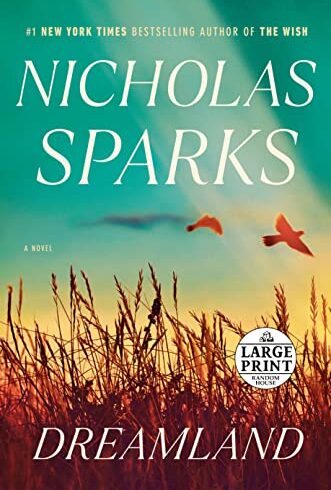
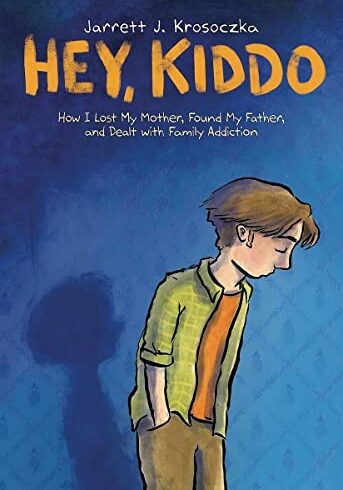

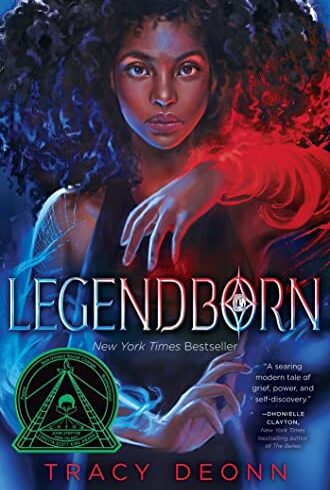
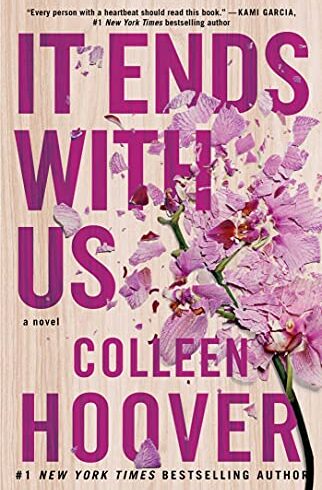
Patrick F –
Disappointingly trite., I was looking forward to this book. In fact, it’s the first book in years that I actually pre-ordered. The premise is interesting enough: there is an ethereal library that exists between life and death. You are permitted to choose any book from the shelves and each book contains an alternative life. Each life is what would have resulted if you changed a single decision you regretted. Interesting, right? Like you could see what would have happened if you’d gone for that coffee date or pursued that master’s degree or kept playing piano. In the midst of each new life, if the life-hopper finds herself disappointed, she winds up back at the library to try again. Eventually, you’ll either find a life that is the best possible outcome or your “root life” blinks you away into death., Unfortunately, the premise is played out in the most expected way possible. Nora Seed reverses her regrets and realizes that even the best alternate universes have uncertainties and pain and sadness and disappointment. Even when she winds up with her dream job and a great family, she can’t stay to play this life out. Why? Well, because it isn’t really “hers.” So, surprise, surprise, she ends up waking up from her suicide attempt with a new appreciation for the life she once had and longed to depart., If you read the first 30-40 pages of this book, you’ll probably be able to write the rest of it in your mind. It’s supposedly an opportunity to explore infinite universes, so why choose the most predictable course of actions? To get across the point that you ought to realize the beauty of the life we have around us? Just write a greeting card to convey the message; an entire book is unnecessary. Additionally, it seems like the author either doesn’t understand or chose not to really explore the idea of infinite options. In all her lives, the most remarkably unique one is granted one sentence of exploration, “In one life she only ate toast” (212). Every other life is just variations on themes of work, friends, romantic partners, and family. Of the infinite possibilities available to explore, nothing unexpected happens. It’s maddening as the author keeps smashing his readers over the head with ideas that anything might happen while never delivering on the promise., The writing style is difficult to evaluate. It just feels there. Sentence after sentence slowly moving the predictable story forward. It’s utilitarian prose lacking poetry and depth–seemingly at odds with a book that is attempting to spelunk the internal caverns of a deeply depressed person. The author constantly quotes philosophers but doesn’t seem to have any real interest in engaging seriously with philosophical ideas. It’s a novel in form but a cheesy self-help book in content. This novel is a seed of an interesting idea which was never cared for and died below ground. Unfortunate., D-
imaloserdude –
So many options can be pursued when evaluating a book. Did the author create believable and consistent characters? Did the author manufacture vivid scenes and detailed locations? Did the author include Easter eggs for the reader to find, anagrams of names (like in the Series of Unfortunate Events) or a play on words or an alliteration or metaphors or similes or puns? Did the author include references to real world events or people or places that the reader can connect to? Did the author explore a familiar concept in a new way? Did the author give the characters words to say that connect with the reader and their view of life? Did the author overuse actual dialogue or internal monologue to explain the story instead of relying upon actual action., There are so many options for the reviewer, just as there are so many options for the main character in this book. Nora Seed finds herself in a library at the stroke of midnight, with lots of books around her and a librarian from her childhood, Mrs. Elm. Each book represents a different version of Nora’s life, a life of joys and sorrows, people and places, events and tragedies that spawned from a single choice, a decision, or in the case of this girl so full of regrets, something that didn’t happen because she didn’t make that choice., Of course, there is the root life, the life that Nora remembers living, a life full of disappointments and settling, that led to her attempted suicide and her visits to the Midnight Library. A moment in between, where she isn’t alive and in her body yet she isn’t dead (with the finality that means for self and others). And there are all of those other lives that she now gets to explore, lives where she doesn’t remember any of that Nora’s life, but finds herself plopped there with a kid yet no memory of this child, or as a wife with no memory of sleeping with her husband, or as a glaciologist with no memory of what such a scientist knows, or as a pop star with no memory of the words to popular songs, or as a pub owner with no memory of what to do when closing. Lives, but without the memories that led her there., An interesting thread running throughout the book is that of Hugo, another slider who explores his own lives. Hugo and Nora meet up several times, though find that the other isn’t what they want and each chooses to go back to their own terminal, hers a library and his a video store. I expected them to meet up at the end, as they had such a powerful connection through their sliding, both aware of themselves and of others, but no. it wasn’t to be. I’m not disappointed, just wondering if such a possibility exists, and if I will get this chance one day. And I wonder how Hugo arrived at this point, if his was also a suicide, and if it only happened to suicides or lives so filled with regrets., A question I still have is about the character of Mrs. Elm (for Nora) or the uncle (for Hugo) and the place where these shamans or guides or facilitators resided. Both sliders found themselves in an in-between place with a familiar character as the trusted one, not someone who used them but someone who in real life helped them find their own way. A good person. An older person who helped at a pivotal time in their life. I find it cool that the author (Matt Haig) crafted a god-like character, not one who superimposes her/his will on you but one who is limited in what they can do by the physics of the world (a library or a video store) they are trapped in. Not all-powerful. Not desiring worship. Not governed by human impulses (power and sex). But a personal god whose sole interest was in the needs and wants of a single person, a much better concept (to me) than the invented gods of the modern world that seem interested in humanity as a whole (and worship and knee-bending and blind obedience and all of that stupidity). If we could wipe away all of the old gods and create a new god for each person today, this would be the kind of god I would like to think about. Though there is that question about universality, and whether everything we think and feel isn’t just arising from our own experiences, including all of this god-talk., I enjoyed finding things in this book. Like the title, on page 31. And the name of the band, a variation of the Kurt Vonnegut classic, Slaughterhouse Five. And the name of the music shop that sounds like the idea behind all of the lived lives in this book, String Theory. And the references to Bedford and Pottersville, connecting readers to the classic movie, “It’s a Wonderful Life”. And life-fright being similar to stage-fright. And the role of chess in the book, from its beginning to its end, something that used to be a major part of my own life as an educator. And glitches in the library that stemmed from Nora thinking differently about death than she did in her root life. And I had to look up “grasshopper suicide”, because the character told me to, and how many forms of life there are (almost nine million), and Frank Ocean (“Moon River” was awesome)., Another interesting concept is that of time. Time doesn’t pass for Nora in the real world as she pulls out numerous books from the library shelves, some exploring for a few minutes, others for hours or days or months. Yet the clock never moves past 12:00 in slide after slide, life after life, universe after universe, until her thinking changes in such a way that she no longer regrets the choices she made in her root life. And then the clock starts ticking and Mrs. Elm warns her that she must do just one thing in order to survive, pick that one book, and, wait, I don’t want to spoil it for you, but it gets to 00:03:48., If you want to know what happens to Nora, then read this book. It is really good and worth your time. And if you are the philosophical type (as I am), then keep a notepad and pen nearby so that you can write down the interesting thoughts and ideas that flow from the mind of Nora Seed, the questions she ponders, the truths she shares with the world. And I will end on a final thought, one found on page 137, about life and what it is: “…acres of disappointment and monotony and hurts and rivalries but with flashes of wonder and beauty.” Something to think about.
milan –
I’m not a big reader anymore and in the last maybe five years the only books I’ve read voluntarily have been the hunger games trilogy. I saw someone mention this book on twitter when the film everything everywhere all at once came out and I decided to bookmark this book in my mind and I really wanted to read it since I am interested in the topic of the multiverse but because I wasn’t a big reader, I was not super eager to buy it. Anyways one day I saw it in target and finally read a couple of words while I was walking around and decided I would buy it on Kindle I am so happy I did. I am someone who feels like I have experienced a lot of hurt in this lifetime and I felt like I’ve had a lot of reasons to not live anymore and I’ve come close to making that happen a couple of times and I’m in a place in my life where I’m usually okay and can get by but sometimes I’m really not better at all and those days are so hard and this book changed my perspective. because of this book I feel like regrets are pointless but I almost regret not reading this earlier because this book is amazing. As someone who often feels lost and like I wish I did things differently, I needed this. I want to get a tattoo that references this book because I feel that it really has changed my life and I can’t wait to re-read it. I would recommend anyone to read this book especially people who are struggling with those thoughts of not wanting to be here anymore because this book takes you on a wonderful journey and I wish I could read it for the first time all over again.